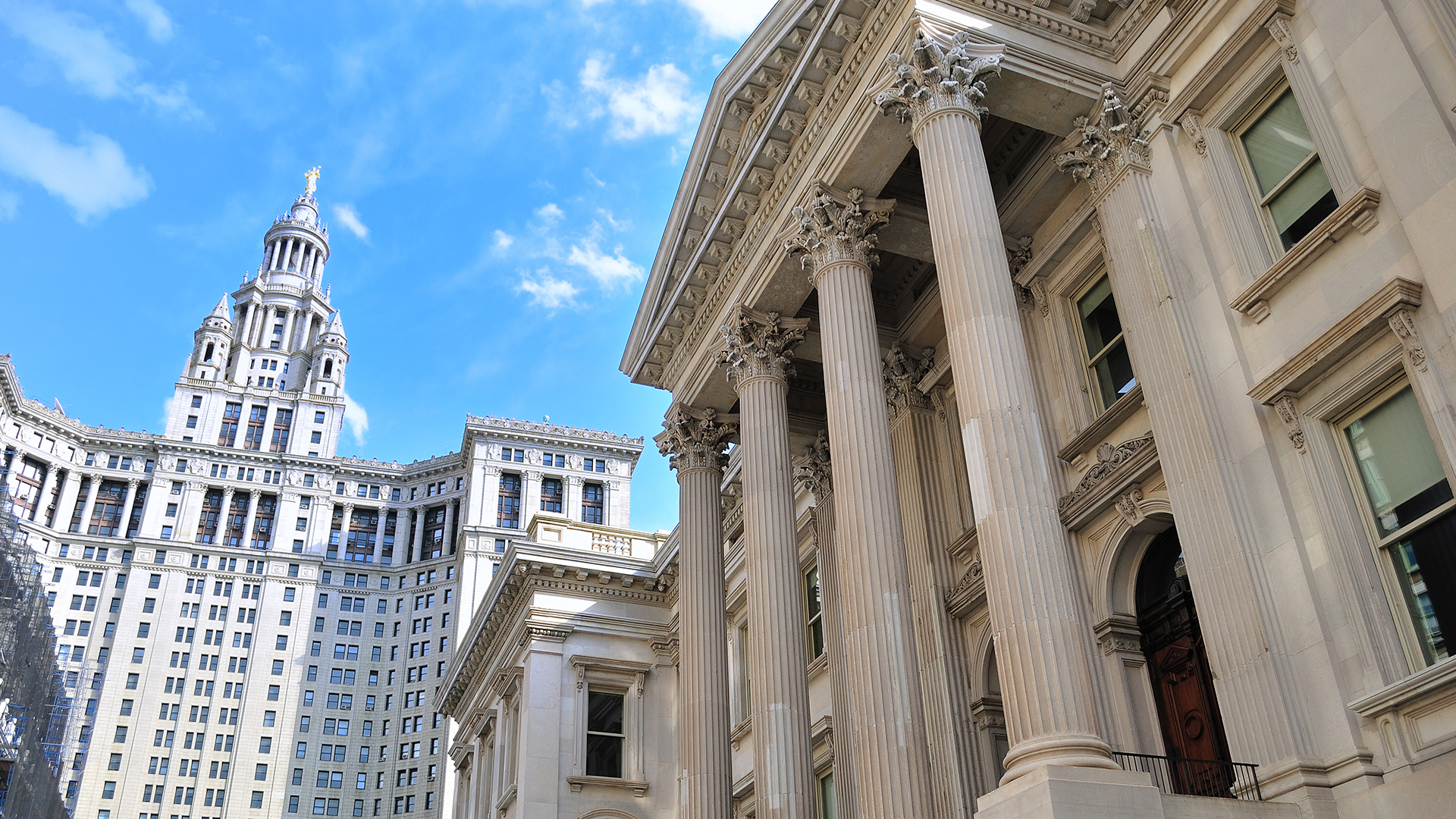In two related actions in mid-March, New York Governor Andrew Cuomo and Chief Administrative Judge Lawrence K. Marks attempted to ease burdens on litigants. Although the measures may be necessary to ease the burdens on litigants and the court, the measures may also be seen as subjecting commercial entities to additional uncertainty in this uncertain time.
Executive Order 202.8
On March 20, 2020, Governor Cuomo issued Executive Order 202.8, temporarily suspending the limitation periods for commencing, filing or serving any legal actions in New York until April 19, 2020. More particularly, in his Executive Order, Governor Cuomo stated that "[i]n accordance with the directive of the Chief Judge of the State to limit court operations to essential matters during the pendency of the COVID-19 health crisis," he was suspending "any specific time limit for the commencement, filing or service of any legal action, notice, motion, or other process or proceeding, as prescribed by the procedural laws of the state," including the:
- Criminal Procedure Law
- Family Court Act
- Civil Practice Law and Rules
- Court of Claims Act
- Surrogate's Court Procedure Act
- Uniform Court Acts
- Any "other statute, local law, ordinance, order, rule, or regulation, or part thereof"
Chief Administrative Judge Lawrence K. Marks' Protocols and Administrative Orders
Prior to Governor Cuomo's Executive Order, on March 15, 2020, the Chief Administrative Judge of the New York Courts, Lawrence K. Marks, issued "updated operational protocols" due to the "coronavirus public health emergency in New York State" and postponed "all non-essential functions of the courts until further notice." Then, on March 19, 2020, Chief Administrative Judge Marks issued an Administrative Order purporting to "mitigate the adverse effects of the COVID-19 outbreak," ordering that:
"The prosecution of pending civil matters (including discovery) in a manner that requires in-person appearances or travel, or otherwise requires actions inconsistent with prevailing health and safety directives relating to the coronavirus health emergency, is strongly discouraged."
Following Governor Cuomo's March 20, 2020 Executive Order, Chief Administrative Judge Lawrence K. Marks issued another, more restrictive Administrative Order on March 22, 2020, stating:
"Pursuant to the authority vested in me, in light of the emergency circumstances caused by the continuing COVID-19 outbreak in New York State and the nation, and consistent with the Governor of New York's recent executive order suspending statutes of limitation in legal matters, I direct that, effective immediately and until further order, no papers shall be accepted for filing by a county clerk or a court in any matter of a type not included on the list of essential matters attached as Exh. A. This directive applies to both paper and electronic filings."
(Emphasis added).
Designated "essential proceedings" include:
- Certain criminal matters
- Certain Family Court proceedings
- Certain Mental Hygiene Law proceedings
- Protection Orders
- Emergency guardianship applications
- Emergency applications relating to COVID-19
- Emergency Election Law applications
- Applications for Extreme Risk Protection Orders
- Certain landlord-tenant applications
- Other matters deemed essential by the courts
New York is currently one of 13 states we are aware have taken some form of action to toll statute of limitations in the wake of COVID-19. The others are Connecticut, Iowa, Louisiana, Massachusetts, New Hampshire, New Jersey, Ohio, Oklahoma, Pennsylvania, Tennessee, Texas and Virginia. We are continuing to monitor and will update the list on our website.
Special thanks to law clerk Nicholas Poe for his assistance in the preparation of this content.




